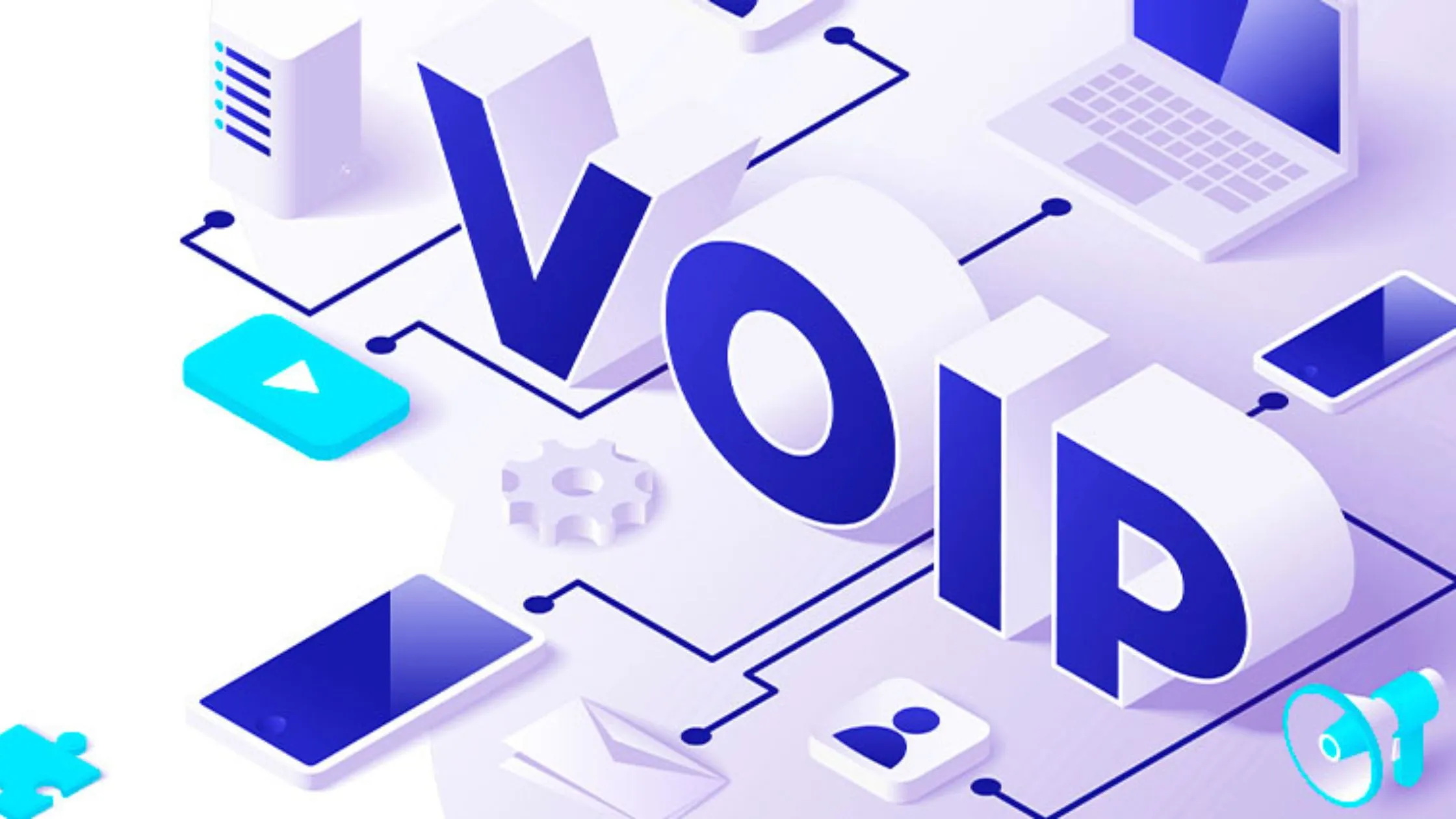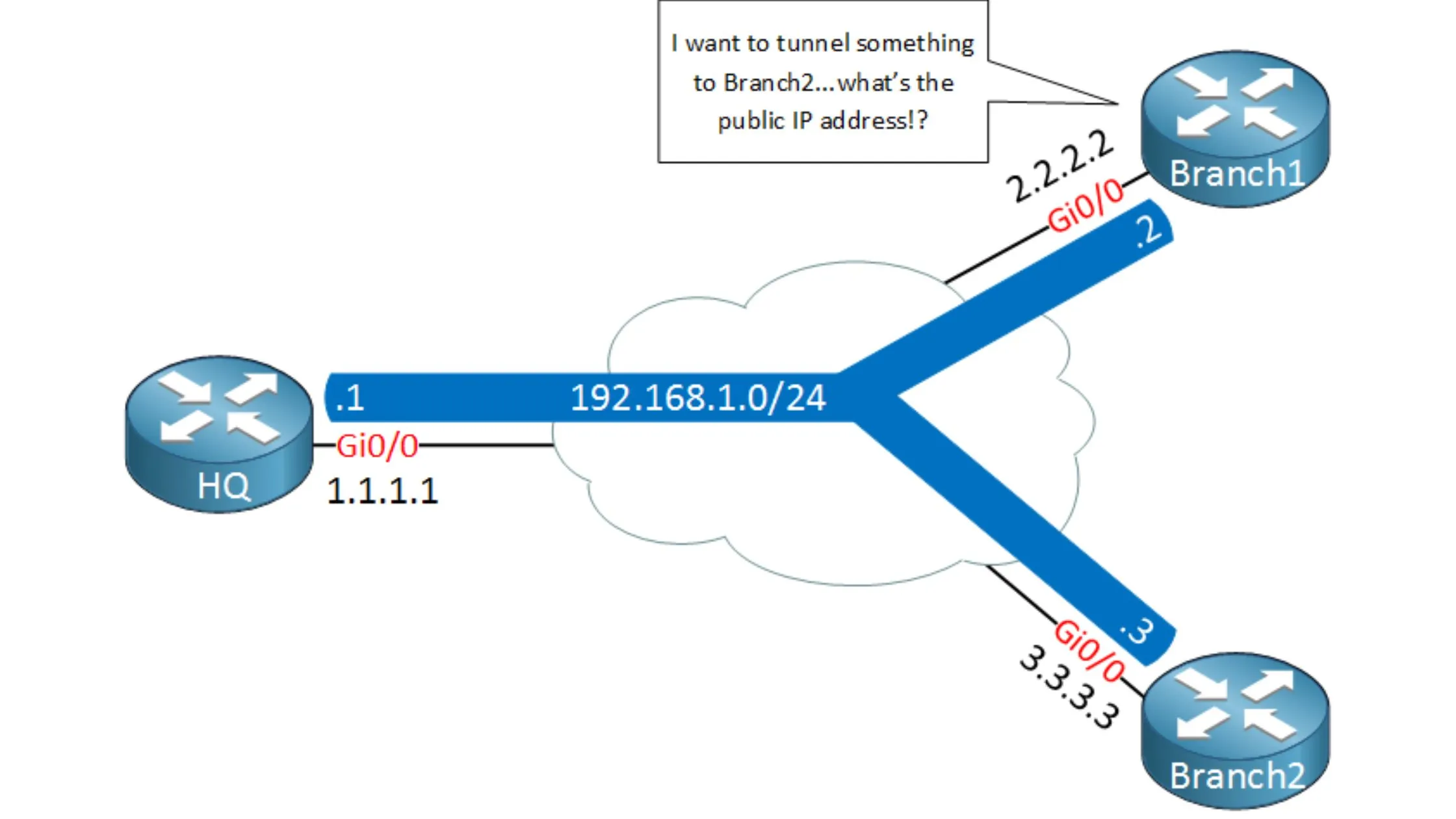In today’s world, the business industry has gained a huge following all over the world, and the internet plays a significant role in shaping and evolving businesses. The VOIP has a major role in the business industry, but what is VOIP? The VOIP plays a major role in the continued communication between the industry workers and also between the customers and workers in the business industry.
The VOIP is a internet service which is widely adopted by many industries and people because of it’s vast majority of features. The VOIP, also known as voice over Internet Protocol, is the protocol through which an individual can make calls, audio messages, voicemails, emails, or group conversations.
But still, some users become confused about using the voice-over Internet protocol for their service or daily activities; the difference between a normal call and voice over the Internet Protocol. But worry not; this is why we have come up with a detailed guide for what VOIP is, its other features, and how it’s different from a normal call.
What is Voice Over Internet Protocol in the internet service?
The VOIP, also known as voice over Internet Protocol, is a wireless methodological technology that gives the user access to enable multimedia content and voice and call through their device, mobile phone, smartphone, computer, and other mobile devices, as well as other VOIP-connected browsing.
This technology is a great help for both buyers and sellers, and it has been a great

It helps the business industry and the marketing team with its advanced technology to communicate with customers through various features like email, custom calls, recording, voice mail, messages, and other helpful features.
The voice over Internet Protocol, or VOIP, works through a methodological process of data interpretation. The VOIP converts the user’s caller ID voice signals to a connection of dada, which is digitally presented to you. On the other hand, if a user caller ID is from a regular phone number, then the VOIP will convert the signals into telephonic data before it reaches the users. This methodological group of technologies helps deliver voicemail communication through a series of technological data to the internet.
Types of VOIP, or Voice-Over Internet Protocol.
The voice-over Internet protocol, is mainly divided into two main categories of telephonic technology, which are divided into a software telephone and a hardware telephone.
Hardware Equipment Technology:
The hardware telephone technology is the old telephone, which is traditionally used by everyone. This cordless or wireless telephone equipment includes a speaker, display screen, and a touchpad to use the telephonic device. But these traditional device equipment has some limited traditional features. But the Voice Over Internet Protocol device allows the users a vast range of features, which include conference calls, call recording, voicemail, call transfer, and other features.
Software Equipment Technology:
These equipment technologies are divided into either a soft phone or a computer. These IP address software devises give the user a vast variety of features, which makes the work of business industry-related workers a much easier process.
The software-installed phones: the software-based IP phones consist of a handphone with a touchpad on the display screen.
The software installed computers: the software installed computers headset gives the user access to make calls from their computers if the microphone and speaker are built into their computer or the VOIP gives a great advantage to business workers for their communication feature between consumers or a meeting between them. The VOIP also consolidates several communications through a single, unified connection. This unified connection gives the user a vast majority of features.
- Audio call features
- Video call features
- Voicemail features
- Instant messaging
- Team chat features
- Email features
- Text messaging features
- Mobile and desktop app features
What are the advantages and disadvantages of Voice Over Internet Protocol)?
Like many things, the or voice over Internet Protocol has both advantages and disadvantages to its features. Let’s take a look into these pros and cons of the VOIP or voice over Internet Protocol.
Advantages and Pros of voice-over Internet protocol
- Pocket-friendly: the cost of a Voice Over Internet Protocol is much lower than normal phone bills, so its low cost easily makes it a pocket-friendly budget.
- High-quality data: With a powerful internet connection, the voice-over Internet Protocol gives high-quality data of fuzzy and muffled free audio.
- Great support for remote workers: with the vast features of conference, call transfer, and other things, this is a great support for remote workers.
- Vast variety of features: with a vast variety of features, which include emails, recording, conferences, call transfers, and many more, this is a great advantage for many people.
- International call: normal international calls can be highly expensive, but from a VOIP connection, international calls are easily treated like normal calls because of the normal internet traffic it uses, which is a great advantage for many people and workers.
Disadvantages and cons of voice-over Internet Protocol
Just like it’s advantage, the Voice Over Internet Protocol has some major disadvantages for you to remember before opting for it.
- Not an emergency service: Even with all these advantages and features, the VOIP might not be highly useful for emergency situation connections.
- High-speed internet is a must. Even though the voice-over Internet Protocol has a vast variety of features for you to use, to enable your access to these features, a high-speed internet connection on your device is a must.
- May not have directory assistance: Another disadvantage of the voice over Internet Protocol is that it doesn’t have directory assistance for your service.
Conclusion
The VOIP has made the work of many workers and individuals easier, for this the VOIP internet service has been widely adopted by many.
FAQ’s
Q. 1 What is VOIP used for?
Ans: The VOIP , also known as the Voice Over Internet Protocol, gives a vast majority of features for you to use in your daily life, like email, custom call IDs, recording, voicemail, conference calls, call transfers, and other features unlike traditional telephonic equipment technology.
Q. 2. What is VOIP , and how does it work?
Ans: To simply put it in words, the VOIP enables your calls to convert audio signals into digital data to be transferred to another device.
Q. 3 What is the meaning of VOIP?
Ans: The VOIP stands for Voice Over Internet Protocol, which is an internet software installed on your devices.




